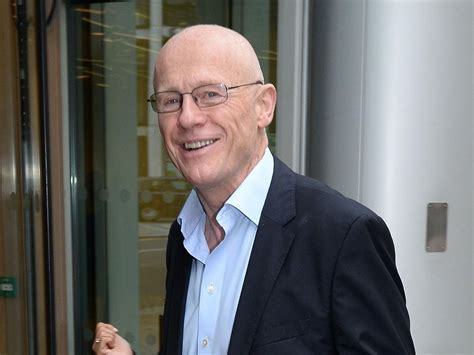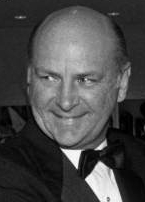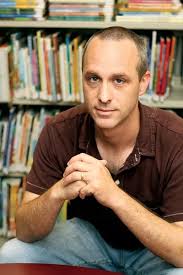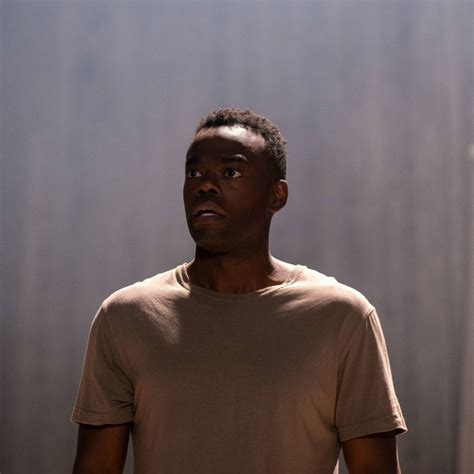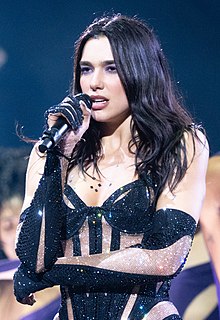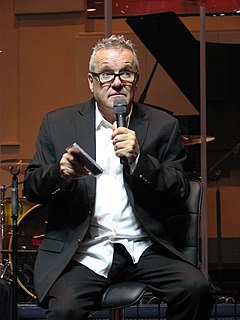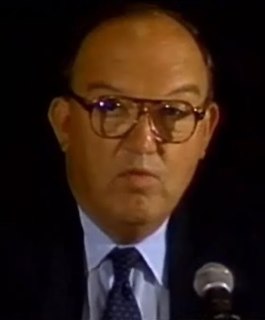A Quote by John Caudwell
I might have made more money if I had outsourced to India, and I knew I'd find it easier to hire senior managers in London. But I wanted to be in Stoke. What could be more satisfying than creating work for 3,000 people in my home town?
Related Quotes
I was really inspired by my own experience, and specifically my own identity crisis but larger than that, I also wanted to explore the trend of reverse immigration, of the immigrant returning home after being in a host country or an adopted home for 20 years, and finding themselves at various levels of discord with the home culture. I wanted to explore people building lives across multiple geographies. I think that's, something that we're experiencing more and more as travel becomes easier, as people are traveling more for work. People can work from anywhere.
I feel more at home in London than in Los Angeles, definitely. If I could have my choice, I certainly would live in London as opposed to LA. I just prefer it here. But I love the work and in LA there's just so much more of it, and as an actor you kind of have to go where the work is. Luckily, I've been able to get the work out there. If work brings me back here, and a project is here and I can do it, I'll jump at the chance.
The faster we grew, the more stores we had open, the more money we made. Employees move quickly up the ranks of a company that's growing fast. Shareholders made a lot of money. If you invested $25,000 from January 1987 to January 1994, you'd have more than a million dollars. I get a lot of personal satisfaction from that.
I look at Starbucks, Howard Schultz has made many brilliant decisions, and one of the things that they did was they invented the third space. It's not work, it's not home. That's one of the engines of its spread. But at the same time he was doing that, he bet the farm to open more and more stores in any given town, and making it ubiquitous made it much easier to say to your friend, I'll meet you at Starbucks.
No sooner had he thought this than he realized what was anchoring his happiness. It was purpose. He knew what he wanted to do. He knew the way he thought things should be, and Mr. Harinton was proving that other people--even adults--could feel the same way. Nicholas had something to aim for now. He might not know what he wanted to be when he grew up, but he knew with absolute certainty how he wanted to be.
If you bring [tax] rates down, it makes it easier for small business to keep more of their capital and hire people. And for me, this is about jobs. I want to get America's economy going again. Fifty-four percent of America's workers work in businesses that are taxed as individuals. So when you bring those rates down, those small businesses are able to keep more money and hire more people.
Though people could, in principle, cross national borders to reach places where their work is more highly rewarded, they are in fact prevented from doing so. As a result, huge differences also persist in the price of labor, as you can see when you get a haircut in rural India or hire a driver or babysitter in Bolivia. You can easily buy such services at one-fiftieth the price you would pay in London, Hamburg or Manhattan.
I was 11 and living in Kosovo. I knew I wanted to perform but didn't feel like I could do it there. So I moved back to London on my own at 15, carried on going to school, and started posting cover songs online. I had no idea how I was going to become a performer, but I felt like I had so many more opportunities being in London.
I thought, you know, I can sit at home in my La-Z-Boy, on Facebook, and reach more people than I can on a tour. Because I reach 30,000 to 40,000 people for every Facebook post, some even reach 50,000 to 60,000. And I thought, if it's about reaching people, and not about making money, why bother touring?
The biggest shock when I lost it all was the realization that so much of my life had been out of my control. When I started to make the money back, I vowed that it would never happen again. I bought things only when I could afford them. There was no big mortgage, no cars on hire purchase. I remember buying a TR6 sports car for £6,000, and funnily enough it gave me more pleasure than the Porsche ever had.
